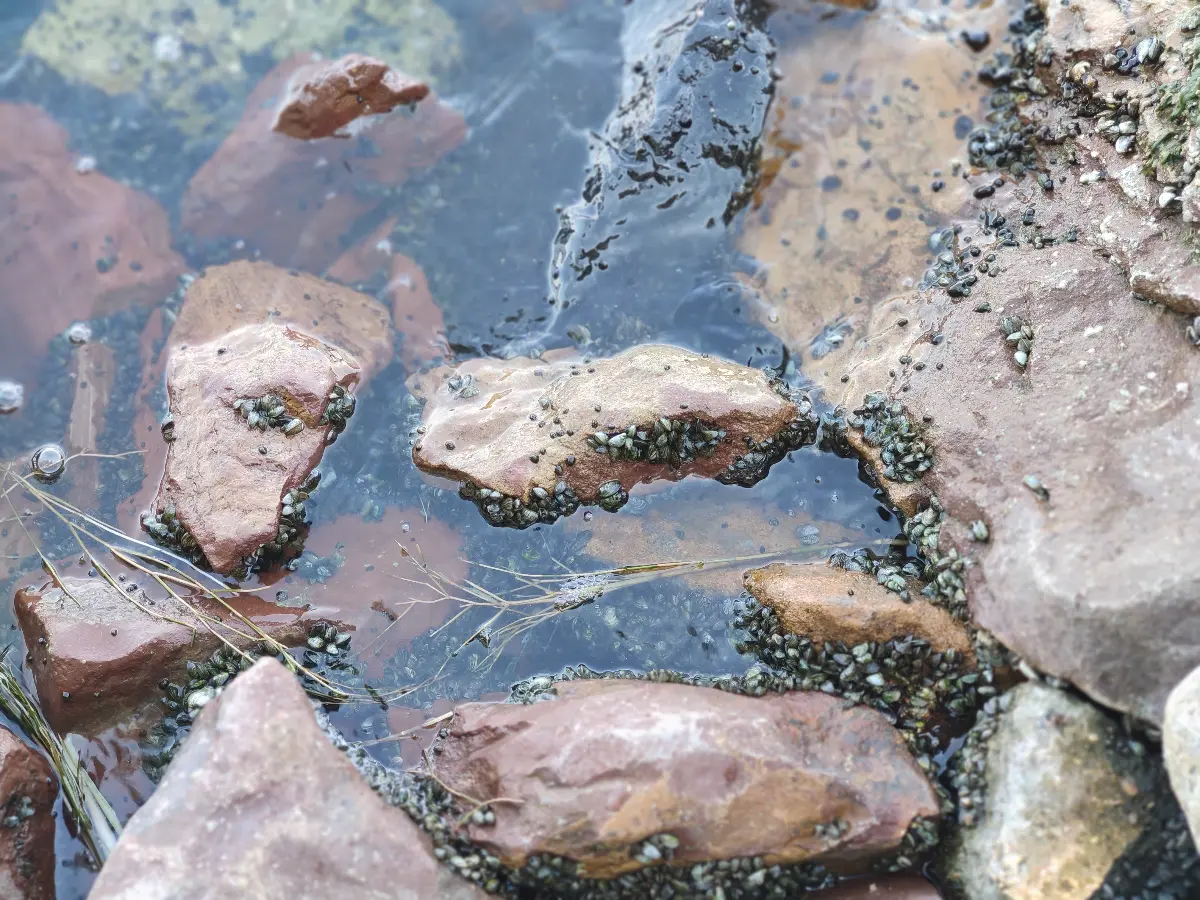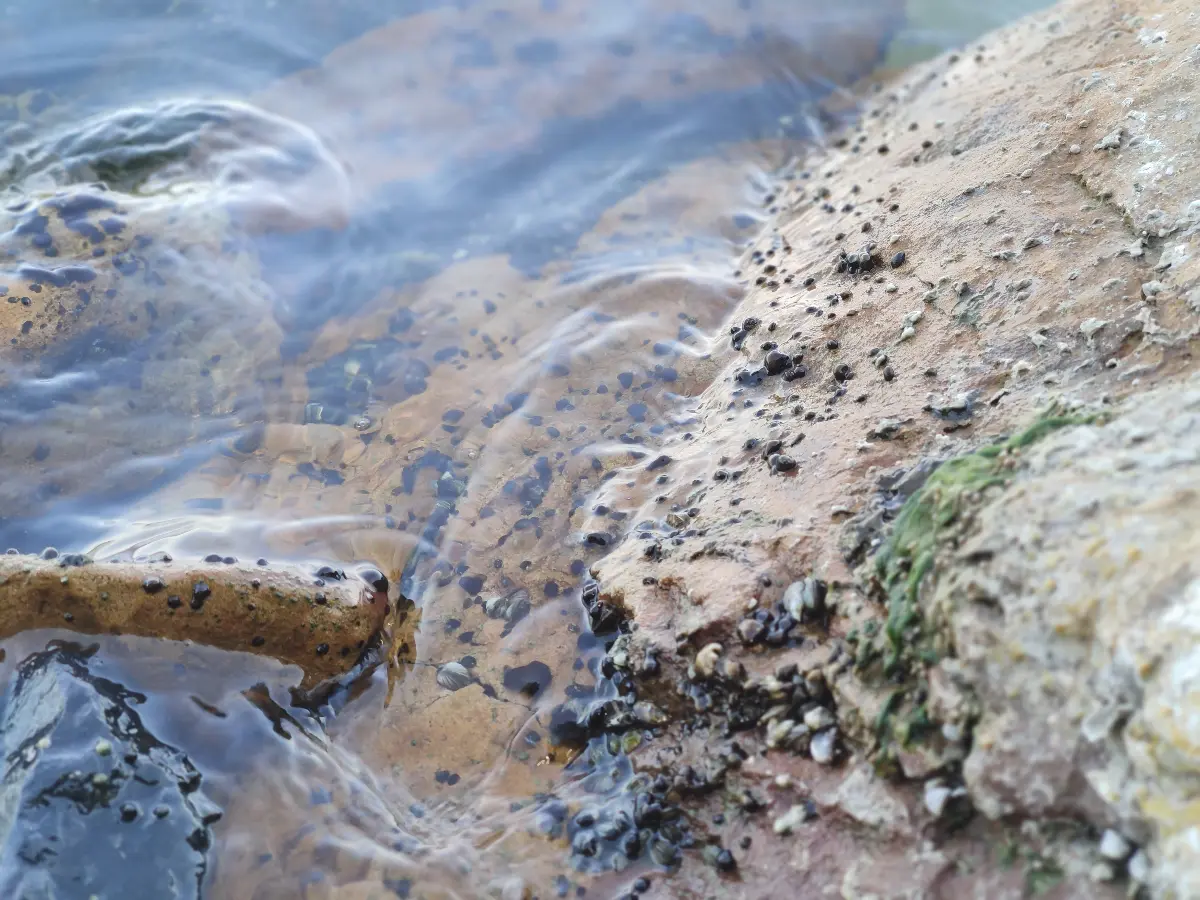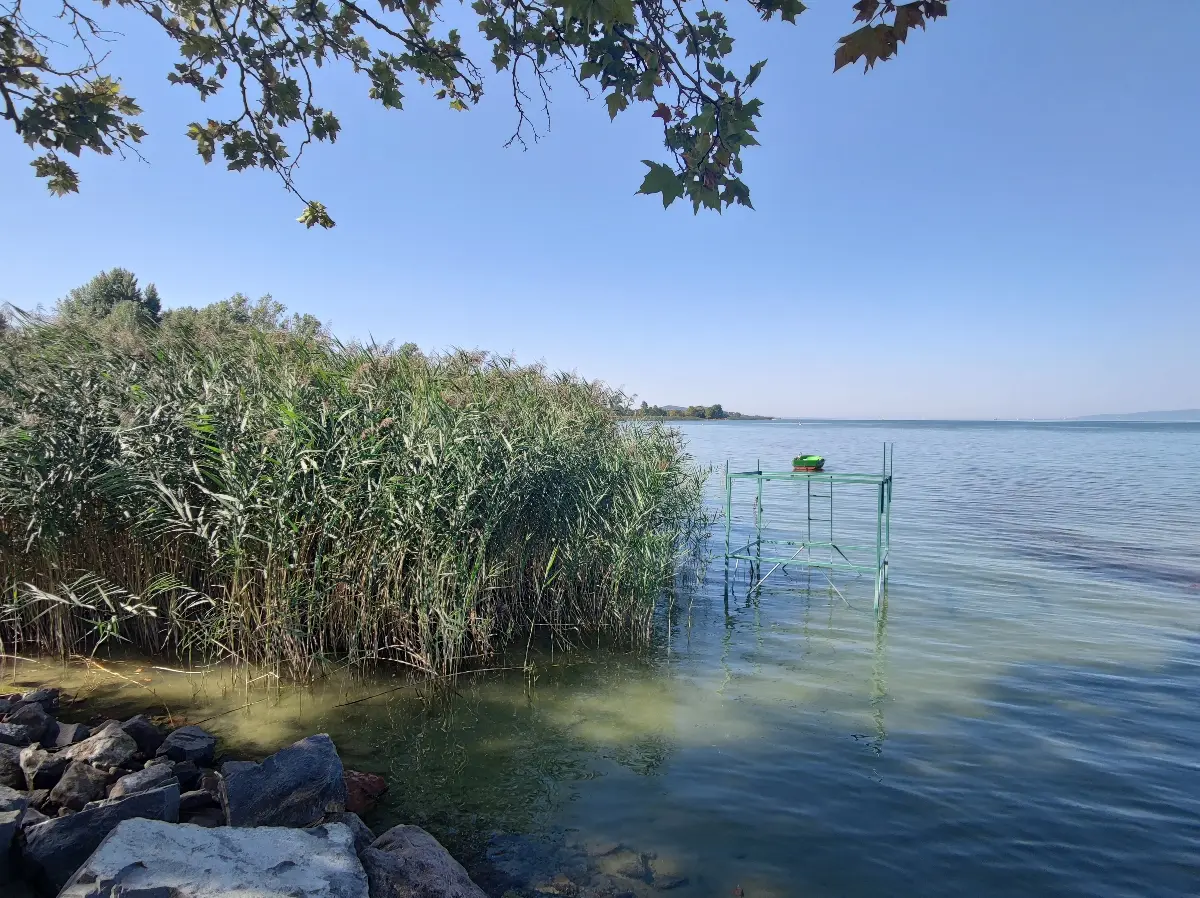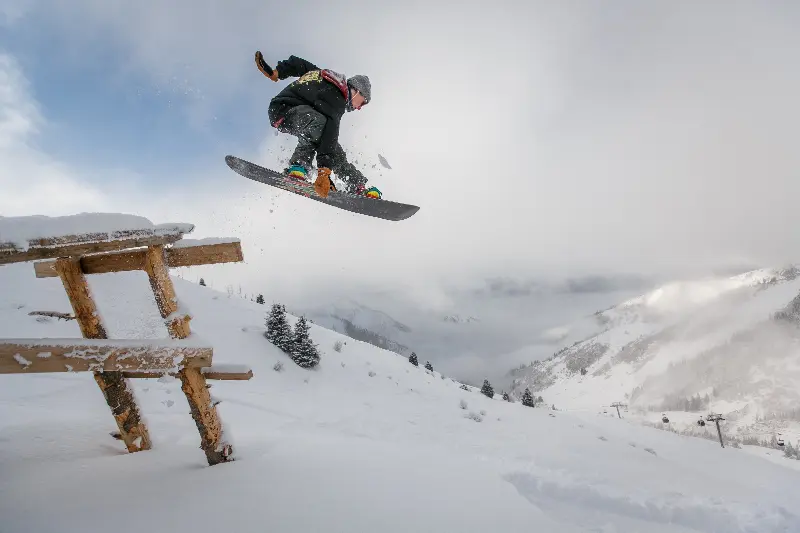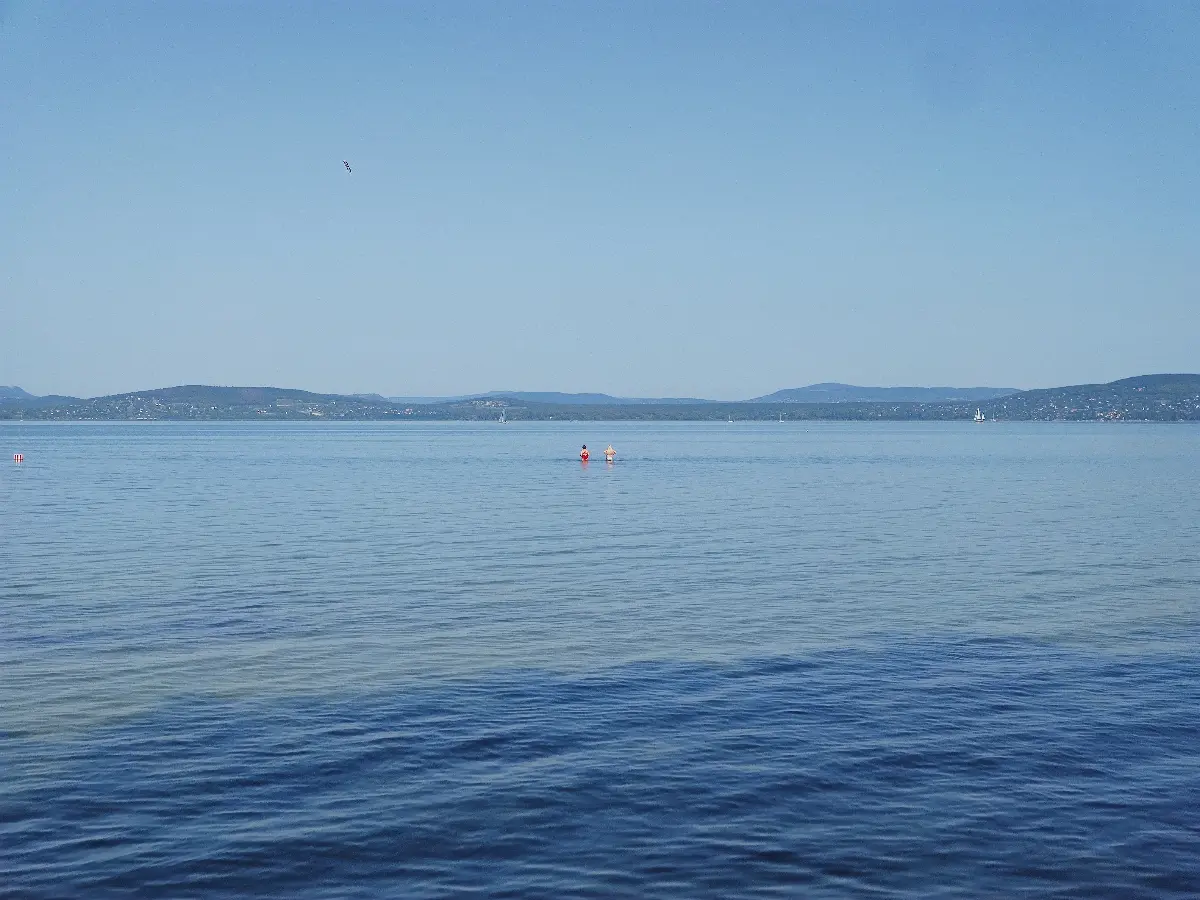
Helyszín címkék:
The researcher warns us: we have to immediately change if we do not want Lake Balaton to turn into a puddle!
Szabó Sára
The situation is bad but not as terrible as that of other European lakes. Nevertheless, we must not sit back and relax. We will have to work hard if we want our grandchildren to contemplate the meaning of life watching the waves of Lake Balaton. According to Bálint Preiszner, a Balaton Limnological Research Institute researcher, three issues arise regarding Lake Balaton. One is the presence of invasive alien species. Carp, dwarf catfish, certain goby species, quagga mussels, and freshwater snails came here as tourists and became permanent inhabitants. Humans can be blamed for their appearance – directly or indirectly –, there is improvidence in the background rather than intentional malice. A good example for that is that unsuspecting tourists often let pond sliders go free, not knowing that they create a competitor for the protected swamp turtle native to Lake Balaton.
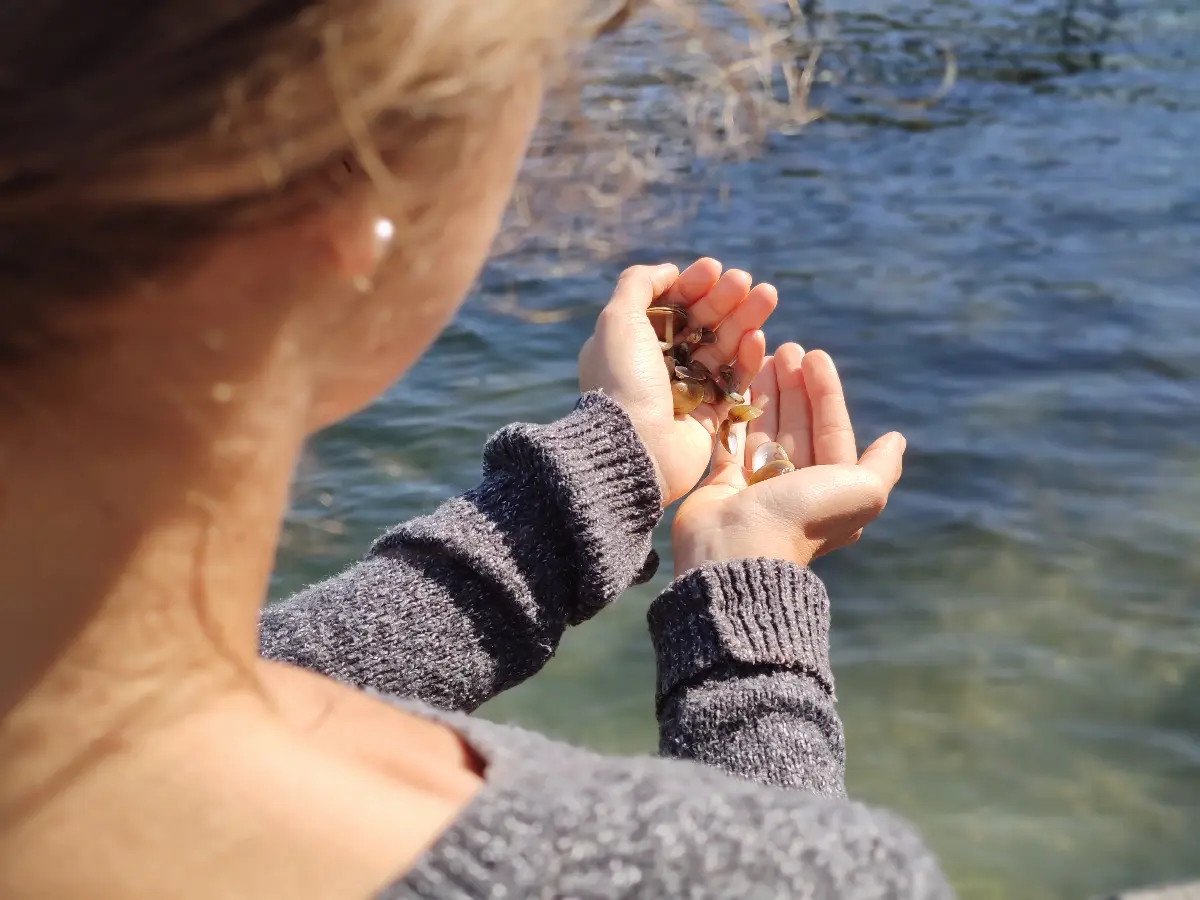
It is scary; still, Balaton has to “disappear” sometimes.
In the last couple of decades, the lovers of Balaton were the sad eyewitnesses of two memorable droughts. The first one shocked Hungarians in 2003, the second in 2012. The endless, stinking mud scared not only bathers but also those involved in tourism and sailing on Lake Balaton. To avoid this, a few years ago, the National Water Directorate introduced an artificially raised 120-centimetre operating water level for the summer period. They did not considered the ecological consequences, though. Now we know that the raised water level was to blame for the 2019 algae bloom. During a long period of heat, due to the high-water level, an oxygen-deficient layer could form adjacent to the sediment, Preiszner explains. As a result, large amounts of phosphorus were released, which allowed the algae to multiply. We are wrong to think that algae blooms are just an ecological problem, it can harm our bodies too. There are some algae species which can produce toxins. "Toxins released by some algae species can cause mild symptoms of intoxication in humans. In addition, they can cause skin irritation, and if swallowed, vomiting and diarrhoea," says Bálint Preiszner, adding that they measured high algae concentration in Balaton in 2021, but a great algae blooming was avoided due to a sudden weather change.
We should not weed out reeds rather protect them
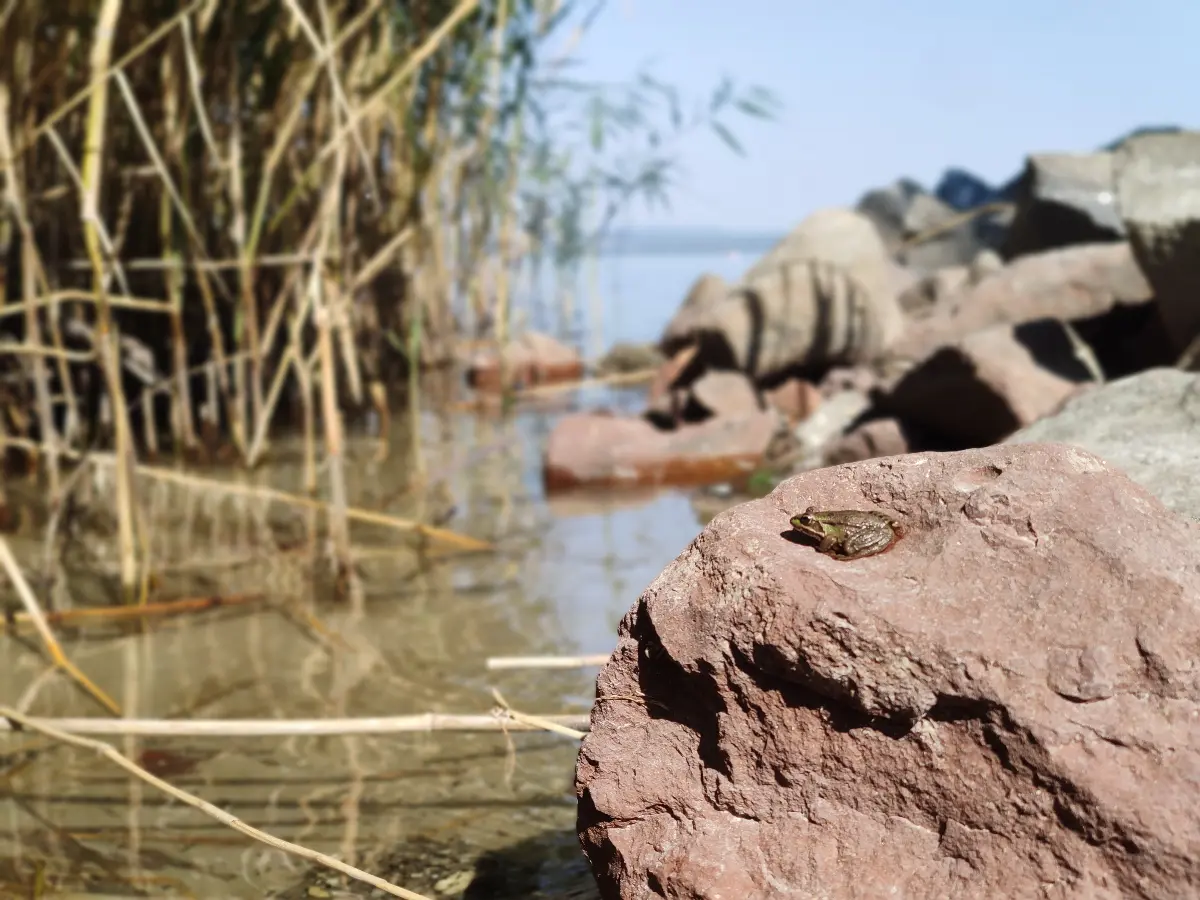
Reeds provide a place to live, multiply, and feed for many species. Like all actors in an ecosystem, it plays an important role, and its decline can cause unforeseen problems. In natural mode, there should be reeds everywhere on the shores of Lake Balaton. At present, however, 100 kilometres of its 235 kilometres are artificial shorelines. The reed has two enemies: the persistently high-water level and extermination. The fluctuating water level would ensure the renewal of the reeds, in the absence of which it begins to “flee” towards the shore, where it typically encounters buildings. Checkmate. If it were not enough, humans do not leave it alone either. Although cutting it requires a permit, and for the violation, you can get a severe fine; it frequently happens that due to investments, these areas disappear mysteriously.
There is a need for recreating the friendship between humans and nature
According to the researcher, there is a clear social need for shore rehabilitation to be ecologically focused. More and more ecologists are involved in certain investments, the direction is good, but more awareness is needed. It would be best to think of a more articulated, reedy Lake Balaton with parklands than the paved straight shoreline. After all, we also prefer to walk in an environment where nature feels good, the researcher concludes.
